Prompt 35: Contribute
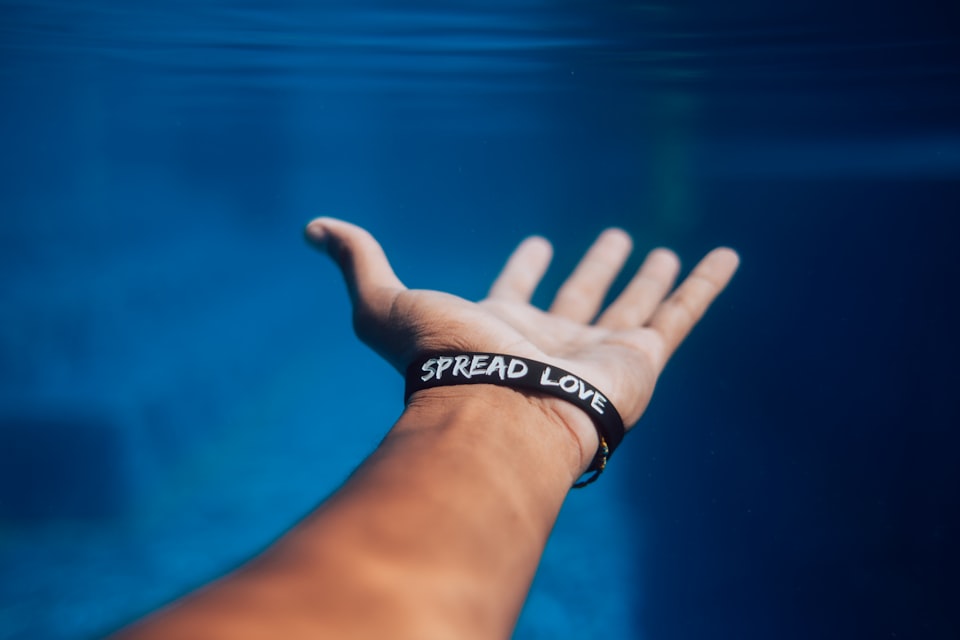
Those following my find your spark journey since the beginning may remember an article I published back in 2019 in which I talked about the 4 (later to become 5) things that I've found previously that have helped me 'find my spark'.
The first three we've already explored in this year of prompts:
- Chasing our Curiosities
- Engaging in Creative pursuits
- Making and developing Connections with others
This week I thought it was time we looked at the fourth 'C' of finding your spark - making a Contribution.
In that earlier article, I observed that humanity has survived and thrived over the centuries because we are hardwired to contribute to others and/or the greater good.
As a whole, this research suggests that far from being frivolous or superfluous, human generosity might be deeply embedded in human behaviour and play a vital role in our personal well-being and survival as a species.
Summer Allen - from The Science of Generosity
As a result, one of the times that we tend to experience our most significant joy is when we put ourselves in a position to help others.
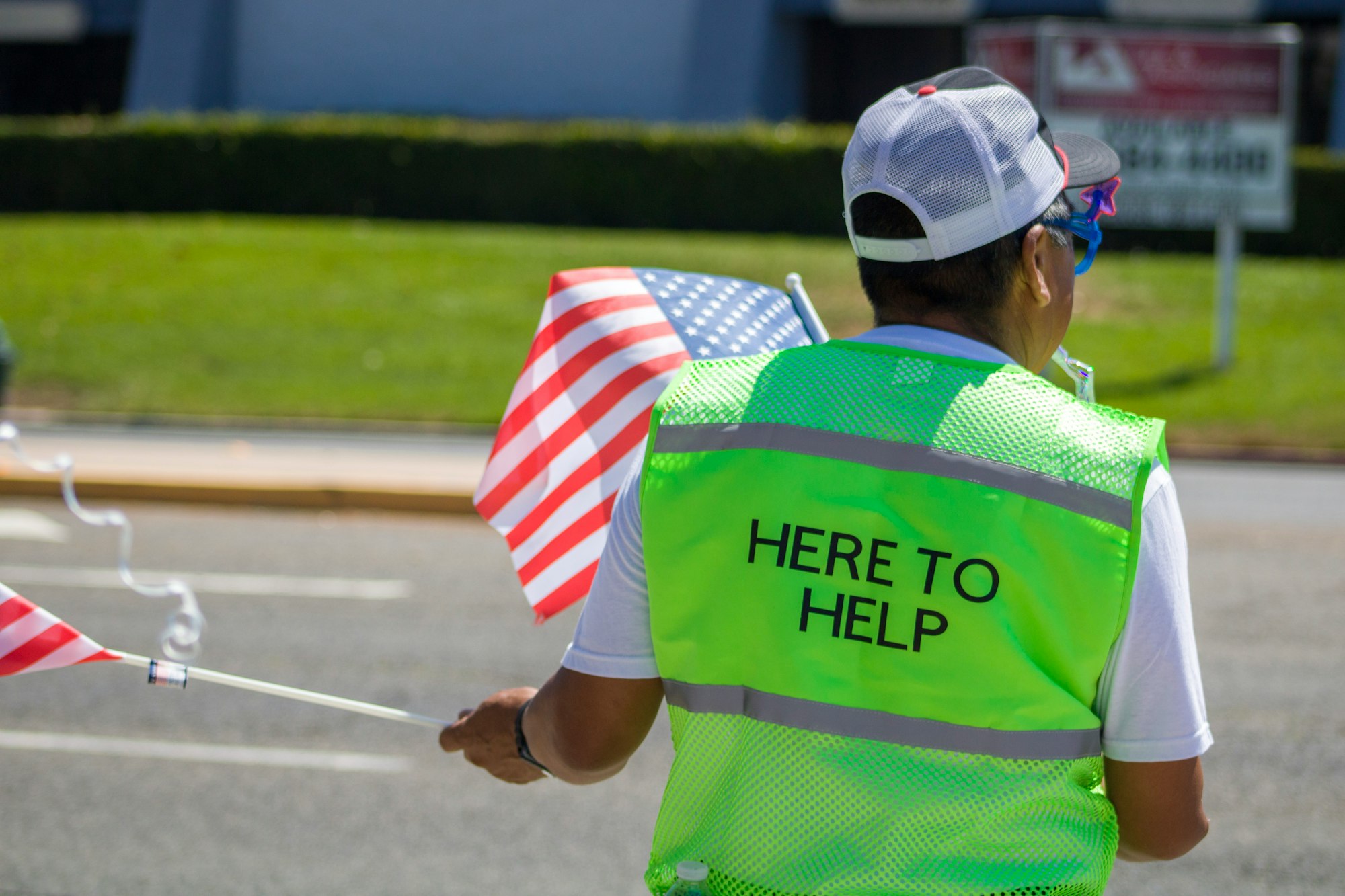
Perhaps you have experienced this for yourself.
I can certainly see the pattern in my past.
While I'm not claiming to be the most prolific when it comes to these acts of contribution, several examples come to mind, including:
- an occasion when Vanessa and I decided to donate to a community group that was on the verge of folding - allowing it to continue its work.
- when I was a young adult and spent a summer working in an AIDs hospice in Bangkok
- when I worked for several years as a youth worker
- a time when I dropped some food off to a neighbour who I knew couldn't get out during the recent lockdowns
- a couple of instances when I volunteered to photograph our local primary school's events
- as a teen being involved in a working bee at the house of a family in need in our local community.
- volunteering to help with the catering at the wake after the funeral of a dad of a student from our local school.
Conversely, I wonder if the times I've felt the lowest have often been tied to me becoming too focused on myself and not making a contribution to the lives of others.
— Eleanor Roosevelt
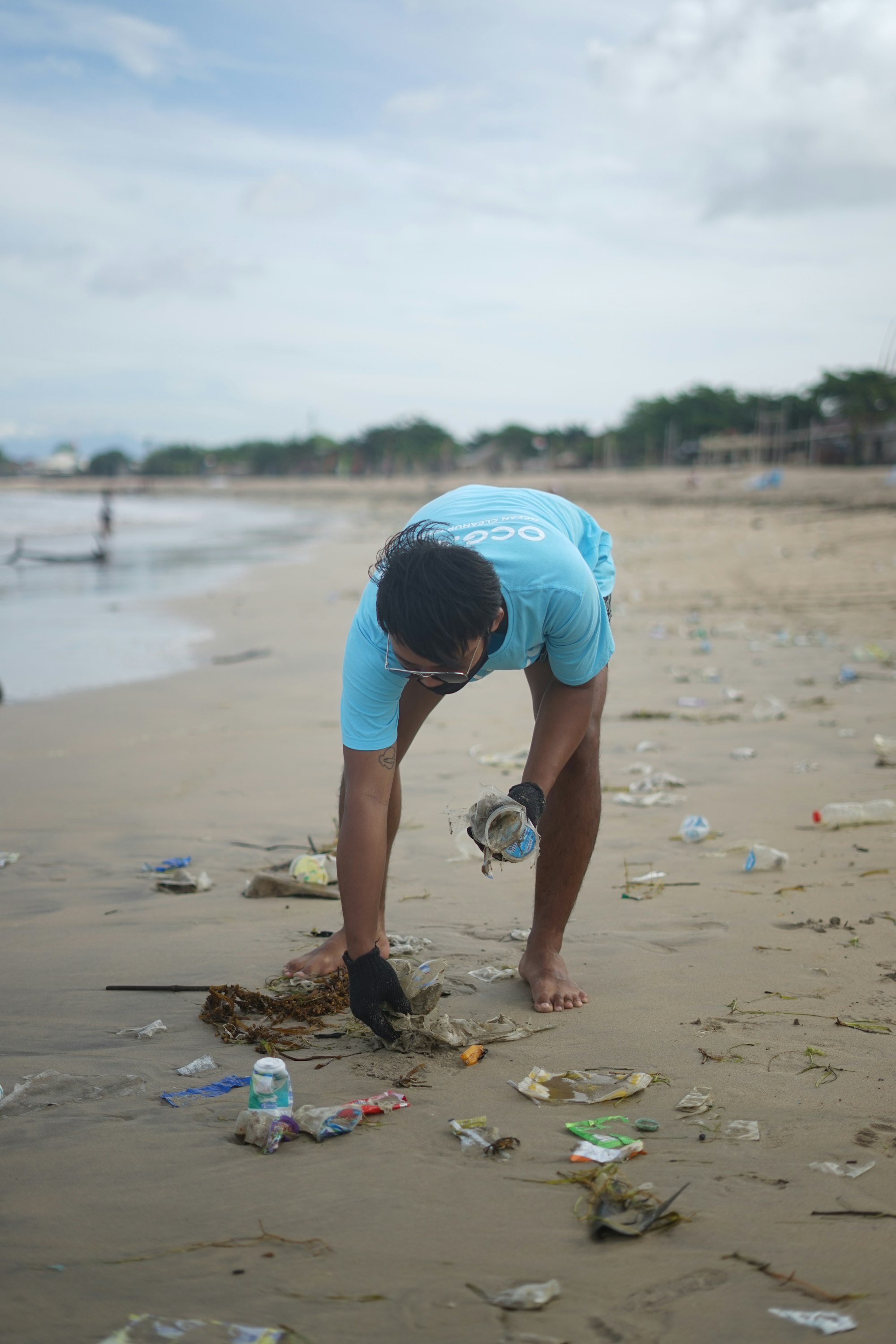
In an earlier version of the Find Your Spark Facebook group, we ran a month-long challenge where each person committed to reflecting at the end of each day on what we had done that had given us energy.
The idea was to notice the little sparks in our days and report our reflections on what made us feel alive to the group.
What struck me most over the month was the number of people who reported noticing sparks fly when they took action to do something of benefit to others.
Particularly of interest to me was that most of the examples given were small acts of kindness and generosity.

Some of the examples that I still remember people gave included:
- Checking in on a lonely friend
- Offering a lift for someone who had a medical appointment
- Volunteering to coach a child's basketball team while the coach was away
- Writing a note of encouragement in a card for a teacher
- Dropping a home-cooked meal to an unwell friend.
- Cleaning up rubbish at a local park
- Staying back late at a community event to help clean up
While some 'grander' examples were also given, most were small acts of kindness.
I'm sure you could add your examples - this is a pattern that most people I know have experienced.
— Brian Williams
The Science of Making a Contribution
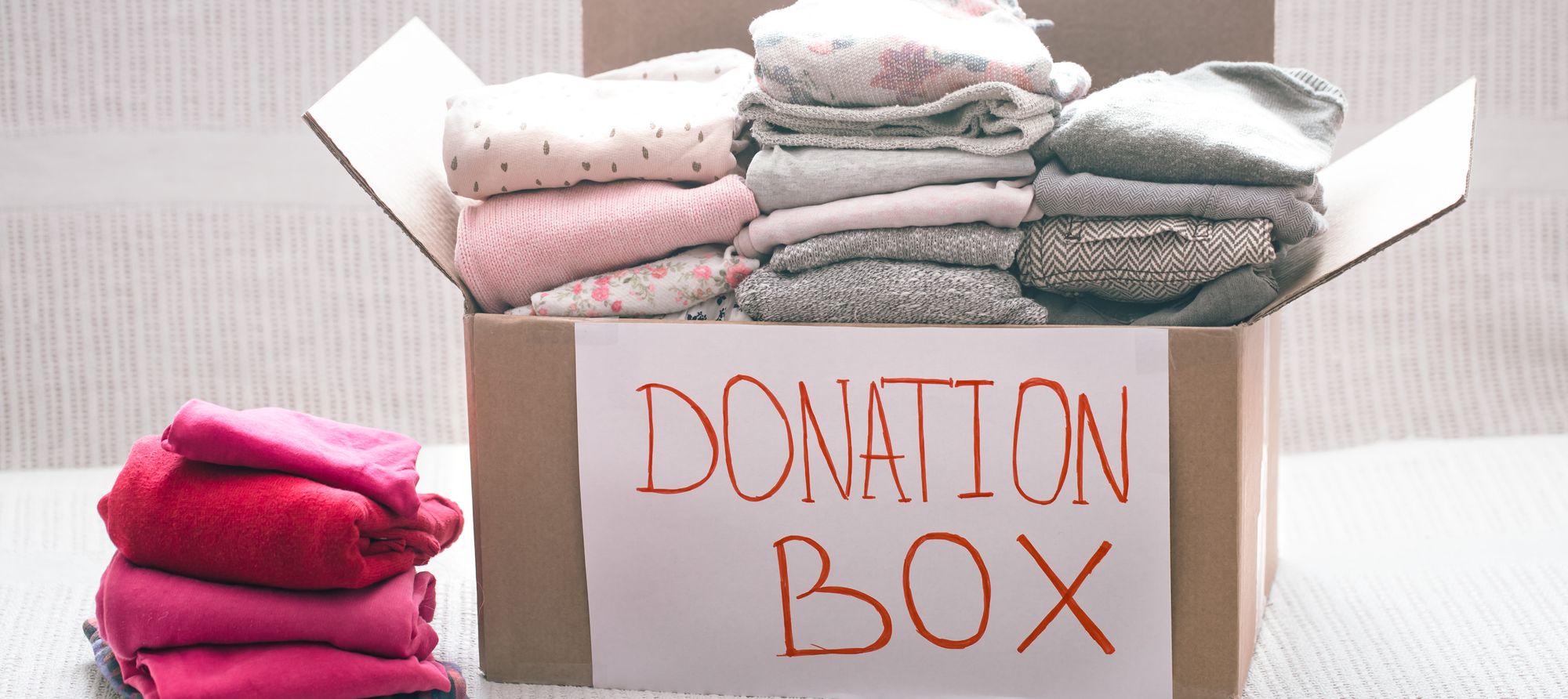
And there's growing evidence in science that backs up our experience. This article in the New York Times cites a number of studies that have shown some of these benefits.
Further - this in-depth paper by Summer Allen from Berkeley has some great news for those who practice generosity in all of its forms, including that it:
- is good for our physical health
- leads to longevity
- has a positive impact upon mental health and wellbeing
- is linked to happiness and life satisfaction
- can lead to improved outcomes in the workplace
- leads to better relationships
- and much more
Of course true contribution is where we act for the benefit of others because we want to make a difference in THEIR lives - not ours.
— Ken Robinson
But it does seem that the benefits flow both ways!
Make a Contribution
This week's prompt is to make a contribution.
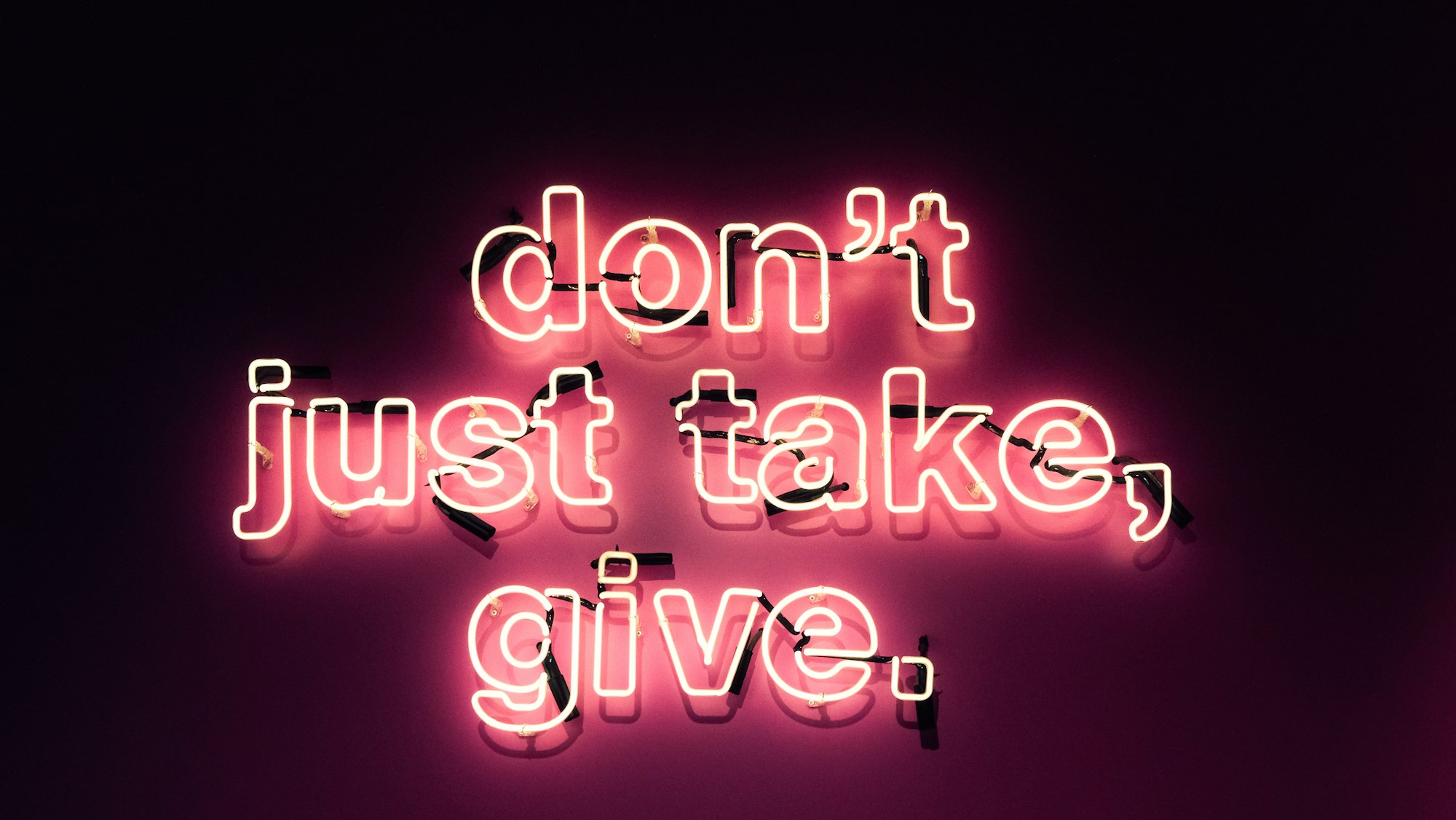
What that contribution will be is entirely up to you - but I encourage you to take a moment to ponder what it will be and to put a plan of action in place.
It need not be a colossal act; try to make it something you find meaningful.
Better still - plan to do several acts - to help you build a habit of it!
As always - I'd love to hear how you go with this week's prompt either in the comments below or our Facebook Group.
— Mahatma Gandhi

Member discussion